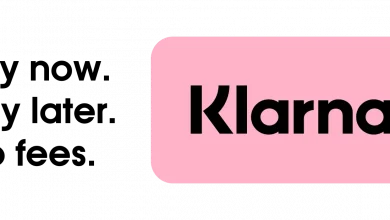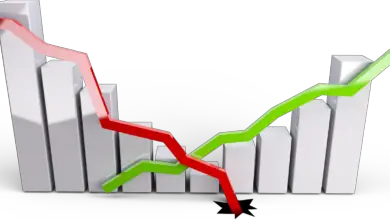One in four mortgage holders is at risk of default with £100 monthly payment increase

More than a quarter of mortgage holders wouldn’t be able to afford their monthly repayments if they increased by £100 a month, according to new research from Citizens Advice.
Nearly half (45 per cent) would be unable to make their payments if they rose by £250 a month, the organisation said.
In September, 49 per cent of mortgage holders at Broadway’s National Housing Advice Bureau provided advice that people stated that they had more money coming in than in their bank accounts during the previous month.
Citizens Advice estimated that around 10% of all mortgage holders in the UK were affected. The shocking figures highlight the hazard associated with rising mortgage interest rates. Average interest rates continue to increase to a range of 6% with sharp increases over the past month.
On September 23 (the date of the mini-Budget), the average rate for a two-year fixed mortgage across all deposit sizes was 4.74 per cent, according to Moneyfacts.
Experts are predicting an imminent mortgage crisis as borrowers who altered their interest rates 2 to 3 years ago will have locked in more cost-effective terms and will see their outgoing costs skyrocket.
Nationwide’s limited home loan products had an opening rate of only 0.87 per cent, with a 40 per cent deposit. At the time TSB, with its cheap mortgage offer, also had an outstanding opening rate of just 0.84 per cent.
Of the industry-standard seven out of 10 mortgage holders have already cut back on essentials, while one for 10 have reduced their high-cost credit in an effort to make ends meet, according to poll findings by Citizens Advice. For those in a mortgage negative budget, the figures are one in four without budgetary resources and one in seven relying on high-cost credit.
Statistics from the Financial Conduct Authority and the Bank of England show that mortgage arrears are at their lowest level in 15 years. Such results, however, may provide a false impression; the reality may be a signal that individuals are not willing to seek help and end up increasing their debt or suffering without necessities.




